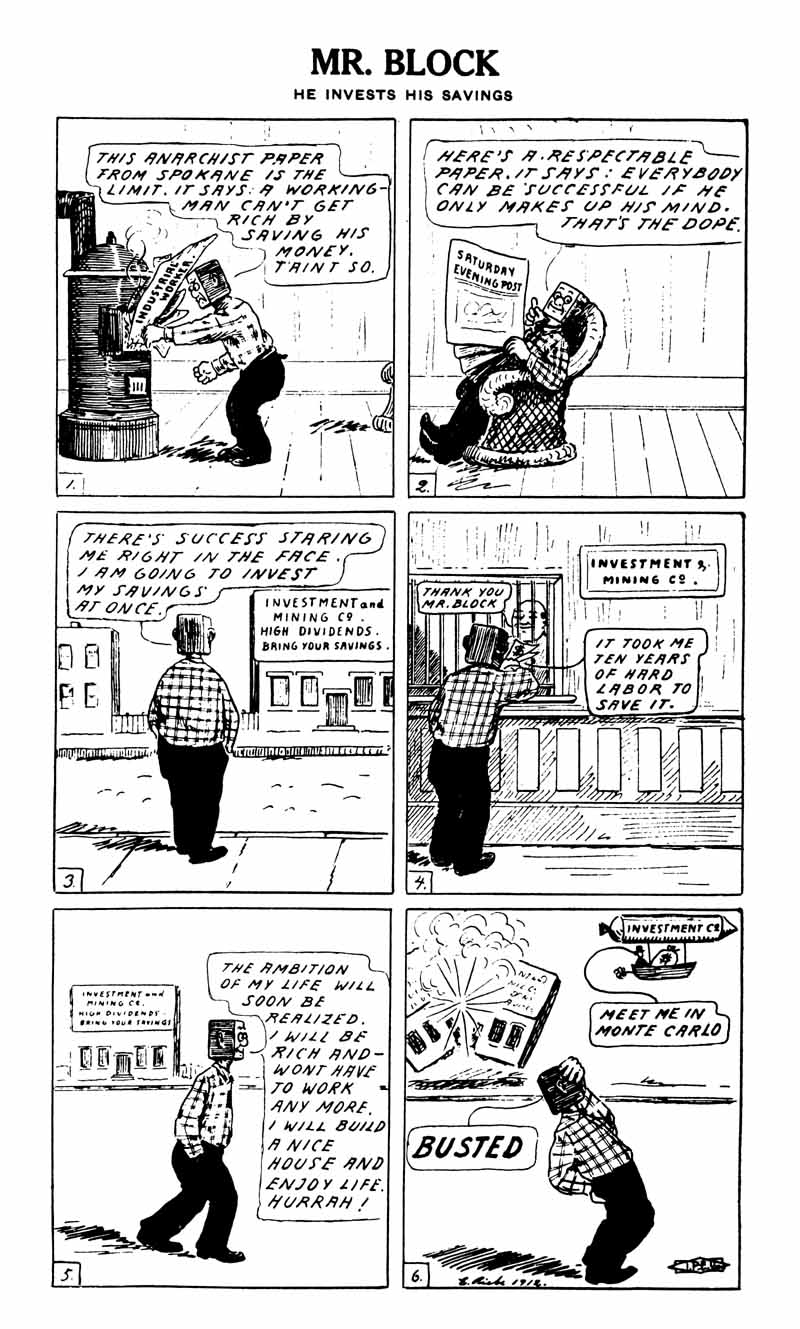- 4 Posts
- 27 Comments

 3·1 month ago
3·1 month agoI could help mod/post. modlog doesn’t make it look like too hard of a job

 4·2 months ago
4·2 months agoWonder why they didn’t just keep everything on one site and only show stuff marked safe unless you toggle a switch? Maintaining two whole different sites that sync seems like more work for them
I hate to recommend it, but facebook has some groups for finding commune-minded people. “Intentional community” would be a good search term

 4·2 months ago
4·2 months agoYou’re probably getting downvotes because of the terrible title, but the article is interesting, and talks about putting this into practice:
https://civitai.com/articles/6792/flux-captioning-differences-training-diary

 8·3 months ago
8·3 months agoI wonder if that’s where this character got his name from. He’s from around the same time period

Neat! I can understand some of that, and I’d like to understand the rest. Is there a guide or explainer?
Are they unable to stand up straight? Is this some sort of contagion?

 20·3 months ago
20·3 months agoWeird to think this was written before hamburgers were really a thing

 4·3 months ago
4·3 months agoIs there a good tl;dr on what is new and interesting about flux? Does it use a different architecture, or is it just bigger?

 3·3 months ago
3·3 months agoAnd here’s what Wiktionary says:
Archaic spelling of grippe (“influenza”).
They laughed at Columbus, they laughed at Fulton, they laughed at the Wright brothers. But they also laughed at Bozo the Clown.

 3·9 months ago
3·9 months agoUsing it in pipes looks cool. IMO the usage in writing git commit messages is actually not useful. Almost always you should be writing the why, not the what. Same thing for comments. Unless the code has a good reason to be written inscrutably e.g. for performance, write simple code and comment why you’re doing something as necessary. Which is not to say “the code comments itself”, but the “what” comments should be higher level at a function or file level
That looks like a pileup waiting to happen if one of the bikes in front crashed

 471·9 months ago
471·9 months agoThe
collect’s in the middle aren’t necessary, neither is splitting by": ". Here’s a simpler versionfn main() { let text = "seeds: 79 14 55 13\nwhatever"; let seeds: Vec<_> = text .lines() .next() .unwrap() .split_whitespace() .skip(1) .map(|x| x.parse::<u32>().unwrap()) .collect(); println!("seeds: {:?}", seeds); }It is simpler to bang out a
[int(num) for num in text.splitlines()[0].split(' ')[1:]]in Python, but that just shows the happy path with no error handling, and does a bunch of allocations that the Rust version doesn’t. You can also get slightly fancier in the Rust version by collecting into aResultfor more succinct error handling if you’d like.EDIT: Here’s also a version using
anyhowfor error handling, and the aforementionedResultcollecting:use anyhow::{anyhow, Result}; fn main() -> Result<()> { let text = "seeds: 79 14 55 13\nwhatever"; let seeds: Vec<u32> = text .lines() .next() .ok_or(anyhow!("No first line!"))? .split_whitespace() .skip(1) .map(str::parse) .collect::<Result<_, _>>()?; println!("seeds: {:?}", seeds); Ok(()) }
Two possibilities exist: either we are alone in the Universe or we are not. Both are equally terrifying.

 7·1 year ago
7·1 year agoYeah exactly, though then you’d generally get arguments pushing you towards “But it’s actually totes Jesus”.

 31·1 year ago
31·1 year agoThe argument I’ve heard is “It must stop somewhere, and whatever it stops at, we’ll call that god”. It’s not a good argument, because it then hopes that you conflate the Judeo-Christian deity with that label and make a whole bunch of assumptions.
It’s often paired with woo that falls down to simply asking “Why?”, such as “Nothing could possibly be simpler than my deity”
It’s mildly interesting that if you told me this was drawn in the 1960’s by some hippy, I wouldn’t question you.
So how much of this abstract thought is a result of the then-new photography competing with traditional painting? The quote about being freed from copying sounds a lot like sour grapes after a machine now doing it better than you, which has some interesting parallels to today’s AI art







Looks like there’s a generic sense of “Someone advertising for customers in an aggressive way.”, but even more relevant here it can mean “A person, at a racecourse, who offers supposedly inside information on which horse is likely to win.”